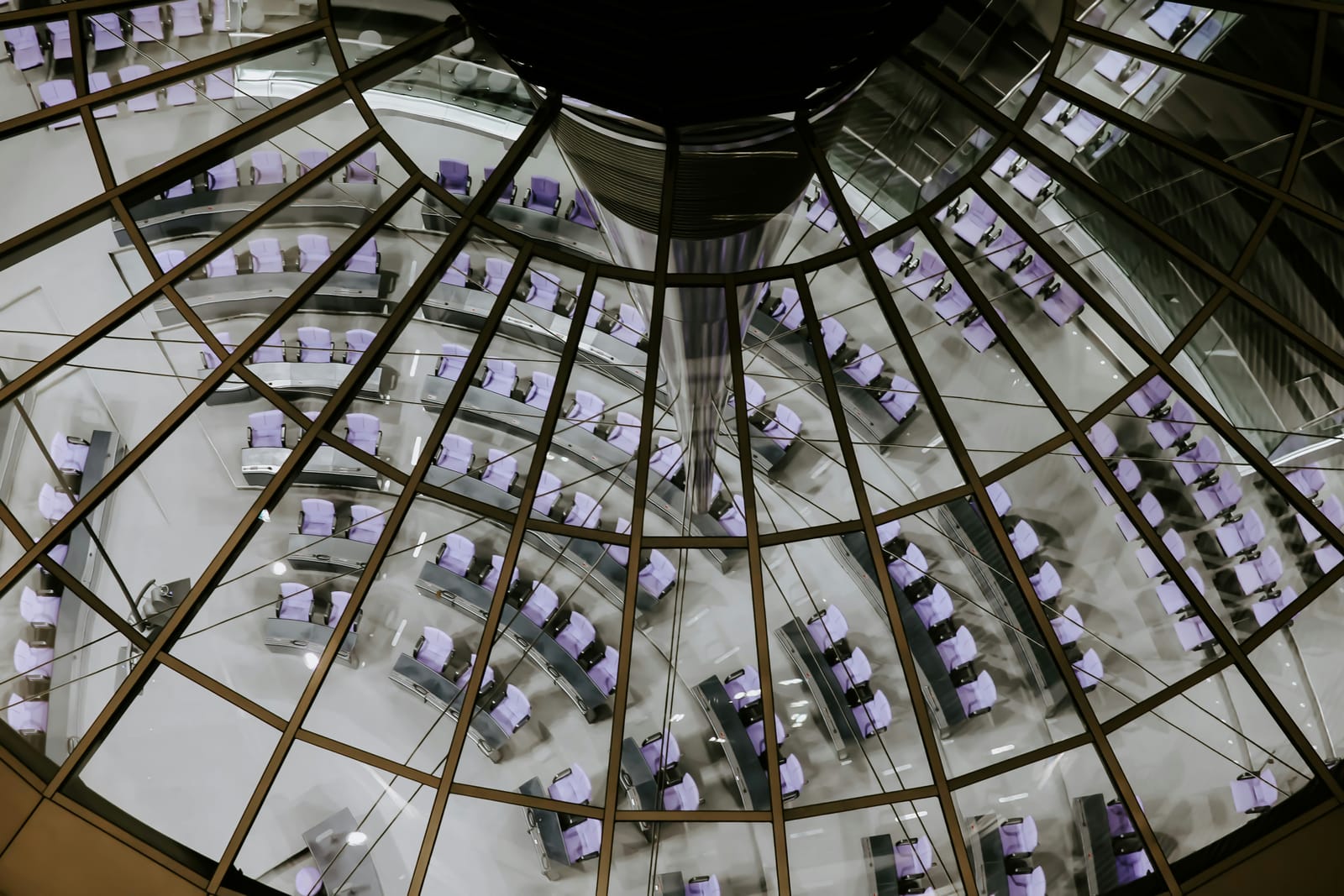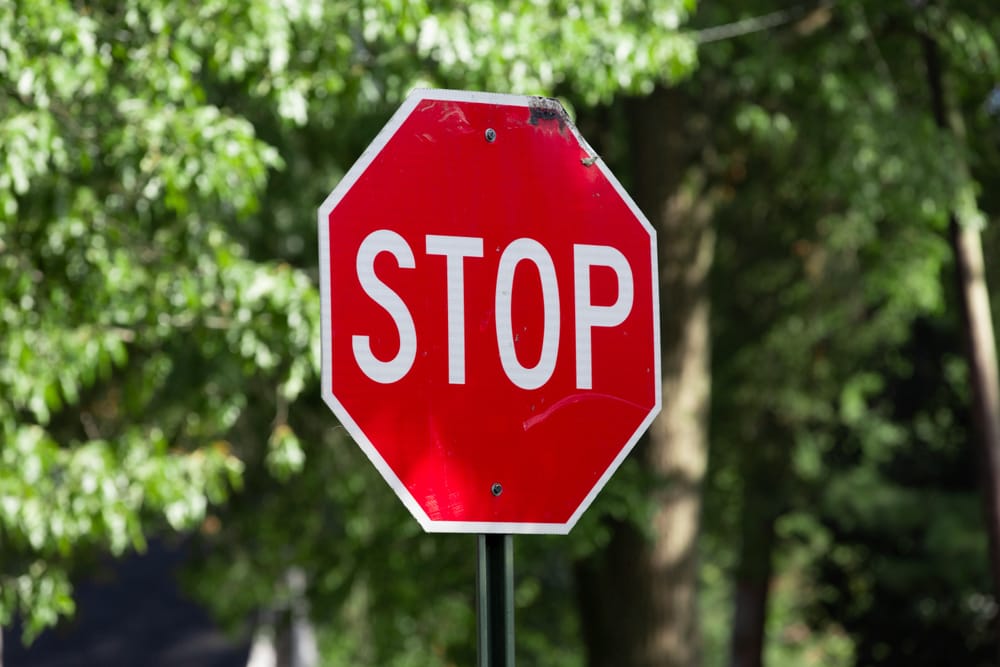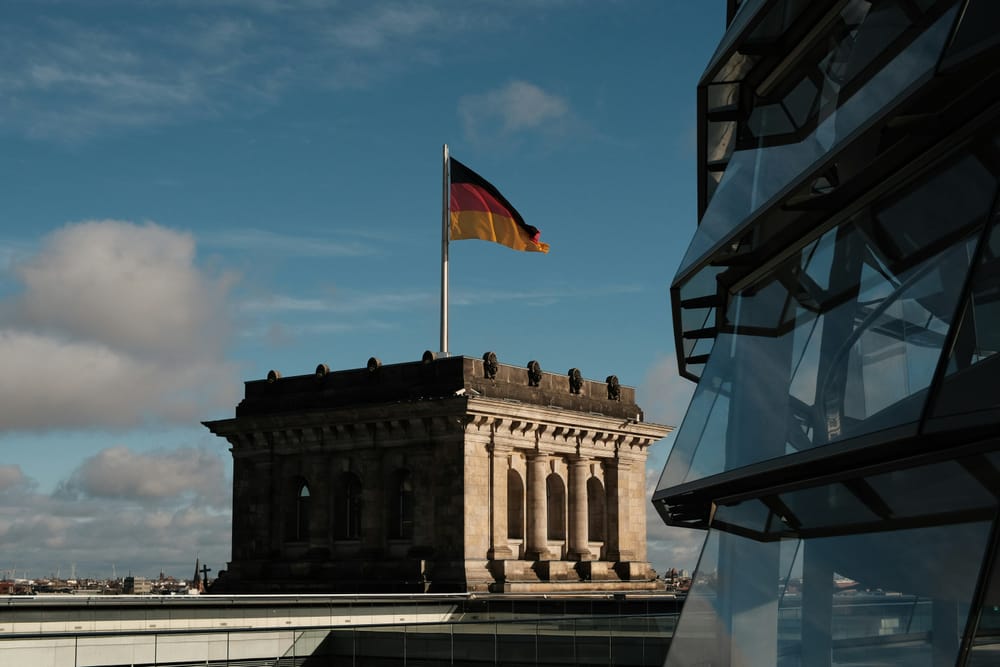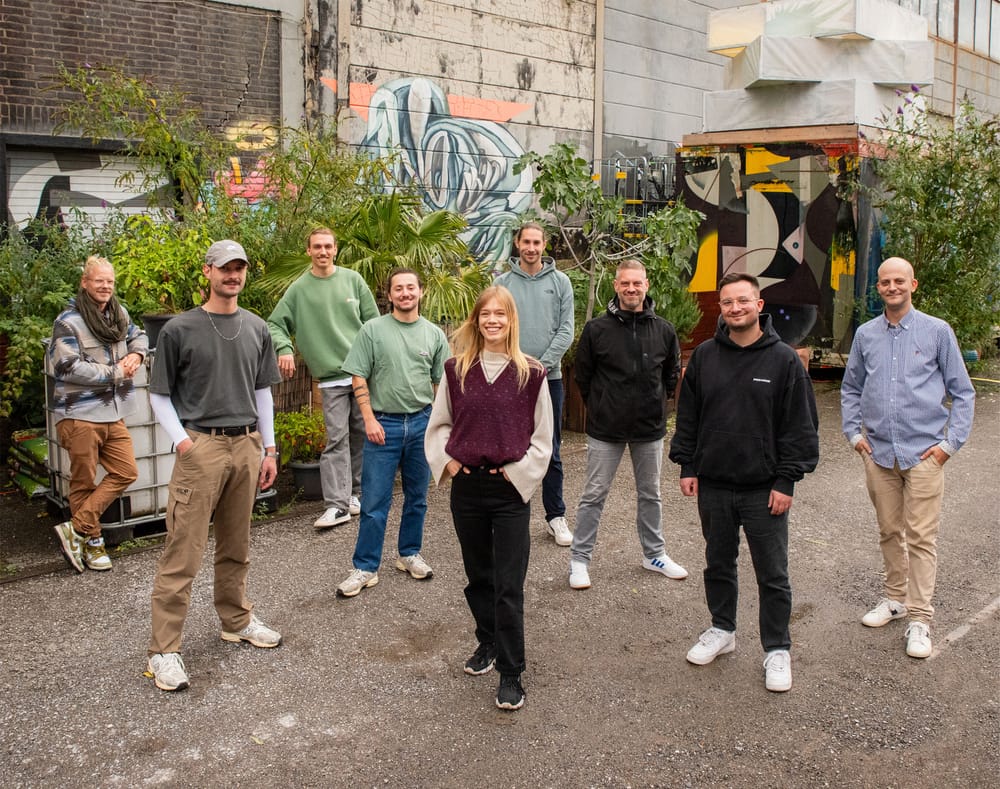Article from February 26, 2025
Germany's political landscape has been fundamentally changed by the 2025 federal election. We want to look at the possible consequences for the future of the Cannabis Act (KCanG) and the legalization movement as a whole.
New political reality after the election
The election result essentially opens up three coalition options: A classic grand coalition of CDU/CSU and SPD with 328 of 630 seats, an expanded coalition with CDU/CSU, SPD and Greens (413 seats) or a coalition of CDU/CSU and AfD (360 seats). As the CDU/CSU has so far categorically ruled out cooperation with the AfD and also has major reservations about the Greens, a grand coalition is emerging as the most likely scenario. According to ARD, initial exploratory talks are already underway.
In this constellation, the SPD has a key role to play in defending the cannabis law. During the election campaign, prominent Social Democrats such as Carmen Wegge, Dirk Heidenblut and even the Federal Chancellor repeatedly emphasized that the SPD wanted to stand by the existing cannabis law. This position is now being put to the test, as the CDU/CSU did not miss an opportunity during the election campaign to criticize legalization and demand its withdrawal.
Seven-year license as a legal foundation
A central aspect that is often overlooked in the current debate is the seven-year licensing period for cannabis social clubs enshrined in the Cannabis Act. This regulation is not only an administrative detail, but also establishes a constitutionally protected basis of trust. The licenses issued under § 14 KCanG enjoy protection until 2031, which cannot simply be ignored even in the event of political changes.
The New Association of Judges (NRV) has in its recent statement that a blanket revocation of existing licenses would be tantamount to expropriation.
"The cannabis social clubs could assert claims for compensation against the state in a not inconsiderable amount. The principle of legitimate expectations in administrative law protects the investments made, which are estimated at around 2.5 billion euros nationwide."
Dr. Simon Pschorr, public prosecutor at the public prosecutor's office in Constance and spokesperson for the NRV Criminal Law Section
Legal architecture of license protection
Legal certainty for cannabis social clubs is based on several pillars of German administrative law. According to § 49 of the Administrative Procedure Act lawfully issued licenses remain valid until their scheduled expiry in 2031, even if subsequent changes are made to the law. Authorities must make any revocation decisions within one year of becoming aware of new legal bases, which guarantees clubs a certain planning horizon.
Every license revocation is also subject to full administrative court review with a comprehensive weighing of interests between public interest and invested private assets. These legal mechanisms create a stable basis for the continuation of the association's work, even in politically turbulent times.
Economic protection and compensation mechanisms
The Cannabis Act, in conjunction with § Section 49 (6) of the Administrative Procedure Act explicitly provides for compensation claims that would apply in the event of revoked licenses. These include the direct investment costs for buildings, security technology and personnel, lost sales from planned cultivation cycles and the costs for the proper dissolution of the association structures.
The Munich Higher Regional Court has ruled in a comparable case on the license analogy that calculations of damages must take into account the objective market value of the revoked rights of use. For an average growers' association, premature revocation would result in compensation sums of between 850,000 and 1.2 million euros according to current model calculations. These financial consequences represent a considerable hurdle for any government that might seek complete re-criminalization.
Evaluation clause as a political compromise
Another important aspect is the § 43 KCanG stipulates the obligation to evaluate. The first comprehensive evaluation of the law is scheduled for October 1, 2025. This legal requirement could serve as a buffer against hasty changes to the law. Responsible policymakers must first wait for the scientific findings of this evaluation before tackling fundamental reforms.
The evaluation clause offers both potential coalition partners a face-saving opportunity to initially raise the cannabis issue to a factual level and avoid ideological trench warfare. The SPD could argue that a decision on the future of the law should only be made once the scientific data is available, while the CDU/CSU could use this period to reconsider or at least soften its position.
Socio-political implications and initial successes
The partial legalization of cannabis has already shown measurable positive effects. Controlled access under state supervision enables more effective protection of minors than the prohibitive and uncontrollable model of the past. Our prevention work is attracting increasing interest from our members, which supports the thesis that decriminalization leads to more open dialogue and better education.
Policy options and their consequences
The Union faces a difficult dilemma: full re-criminalization would trigger a tax loss estimated at 4.7 billion euros and put jobs at risk. A partial repeal of the Cannabis Act would require complex transitional regulations in accordance with § Section 316p of the Introductory Act to the Criminal Code and would be legally contestable. The continuation of the legalization agenda would contradict the Union's election platform, but would enable the development of tax revenues and avoid legal disputes.
In its case law on the license analogy, the Federal Court of Justice has made it clear that state interference in existing rights of use is only permissible if there is an overriding public interest. According to the New Association of Judges, a blanket ban would fall well below this threshold and would hardly be tenable before the administrative courts.
Conclusion: Legal certainty as a democratic touchstone
The seven-year license guarantee is more than a mere transitional arrangement - it is a stress test for the rule of law in Germany. As the case of the Berlin judge Andreas Müller, who challenged the criminalization of cannabis as unconstitutional in 2020, shows, socio-political upheavals must always be carried out in accordance with the duty to protect fundamental rights.
We will continue to actively inform our members about the developments and at the same time exhaust all legal means to defend the legal certainty we have achieved. Our position remains clear: a subsequent change in the legal situation that would lead to the invalidation of seven-year licenses violates fundamental principles of the rule of law, as it disregards the legitimate expectations and investments of license holders.
The election campaign rhetoric belies the real political realities. As we already explained in our article in December a complete withdrawal of the Cannabis Act would not only be economically fatal, but also highly problematic in terms of constitutional law. The partial legalization that has been initiated has developed a momentum of its own that cannot be stopped without serious collateral damage.
The SPD now has a responsibility to defend its progressive approach to drug policy against conservative rollback efforts. We will critically accompany this process and continue to advocate for an evidence-based, humane drug policy.
The coming months will show whether the Social Democrats have the courage to consistently implement a forward-looking social model. But one thing is certain: going back to prohibition is not an option - neither legally, economically nor socio-politically.









